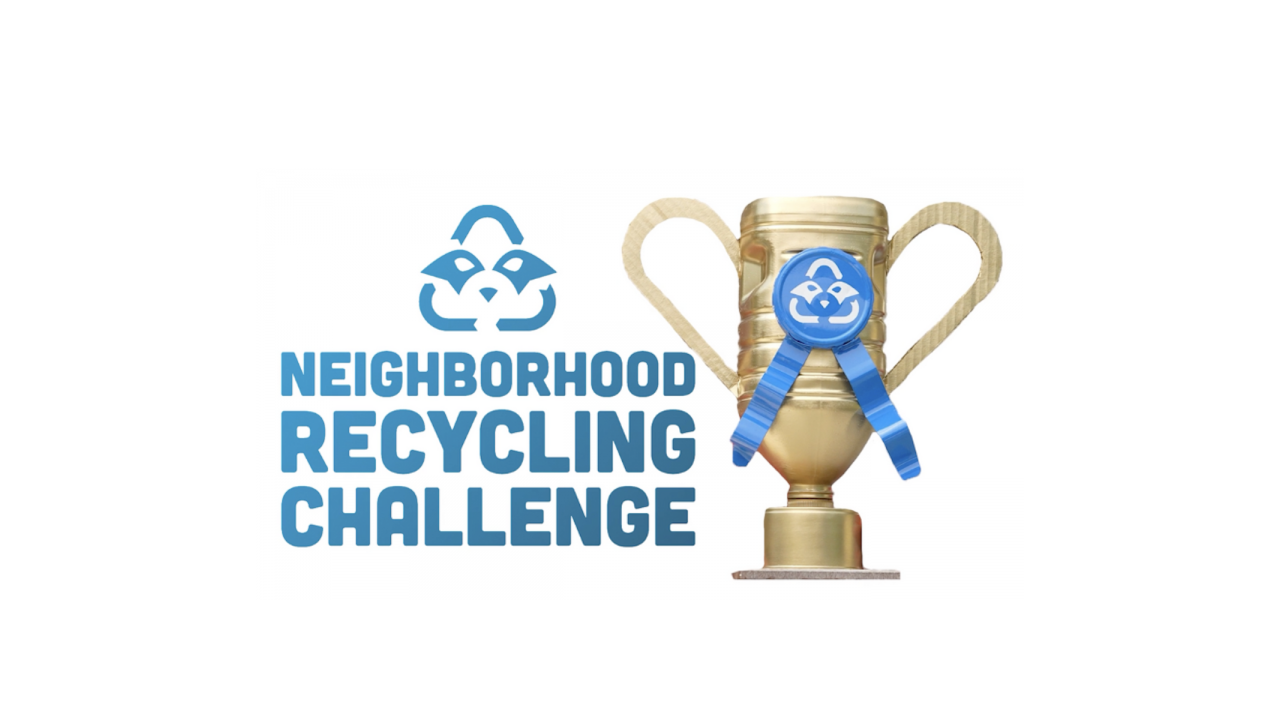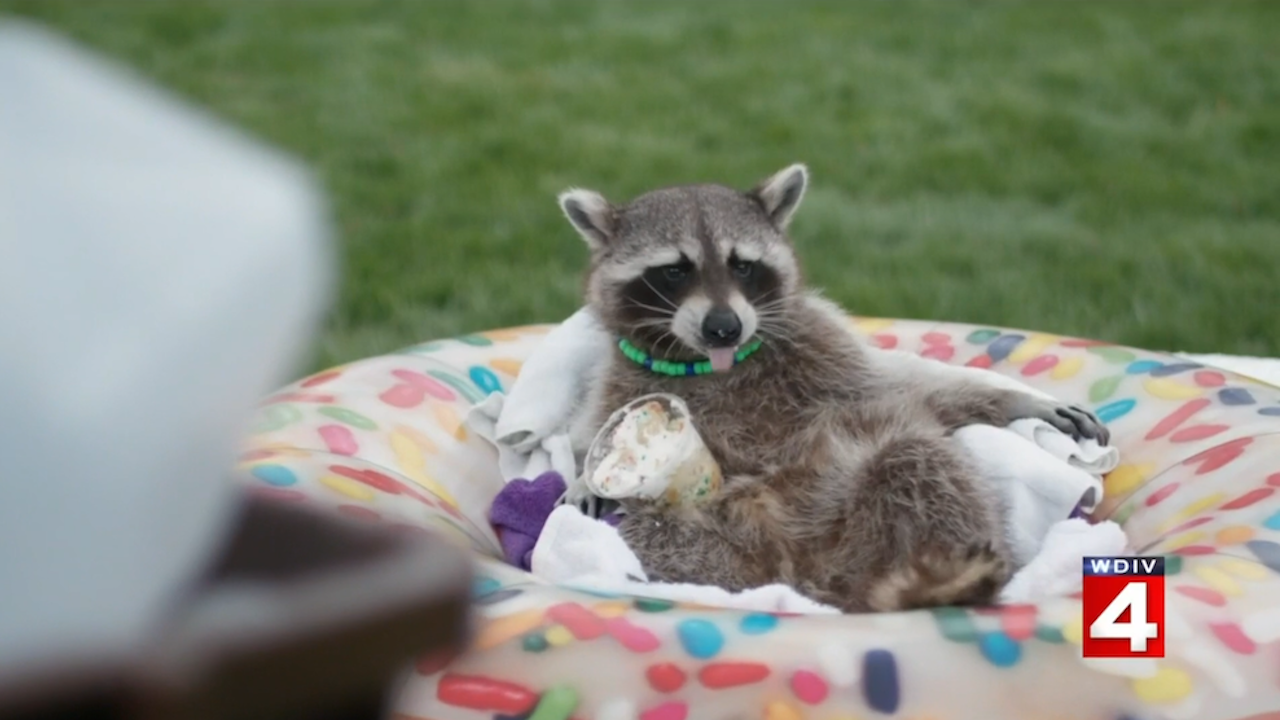Watch two Michigan neighbors go head-to-head – and recycling bin to recycling bin – as they battle for the title of Recycling Champion in this riveting debut game show! For more information about recycling rules specific to your area, contact your local recycling provider.
Category: Miscellaneous
What happens to plastic bottles when you recycle them?
This story was originally published by Live in the D for clickondetroit.com/web/wdiv/live-in-the-d.
Every day, you likely use all kinds of plastic - everything from water bottles to containers, and you may be recycling them, but are you doing it right? You've probably seen the new commercial campaign with the Recycling Raccoon Squad. It's part of a new effort to show people how to recycle correctly by our friends at the Michigan Department of Environment, Great Lakes and Energy-- or EGLE.
Jill Greenberg joined us to tell us more about the new effort. She says that the "Know it Before You Throw It" campaign aims to educate the public about best practices for recycling. The most important thing to know is to empty and clean the product before you recycle it. When you take those extra steps, it helps improve our recycling stream. Currently, in Michigan, we recycle 15% of plastic, and their goal is to raise it to 30% by 2020. "In fact, 15% is really low for the Great Lakes region," said Greenberg.
Karl Hattopp also joined us from Clean Tech Recycling to show us what happens when we recycle correctly. Hattopp says that Clean Tech Recycling takes the recycled bottles such as laundry detergent bottles and water bottles and they turn them into pellets that are eventually turned back into bottles.
To learn more about Clean Tech Recycling, visit cleantechrecycling.com, and to learn more about the new EGLE campaign and get more tips and information on recycling, visit recyclingraccoons.org.

































